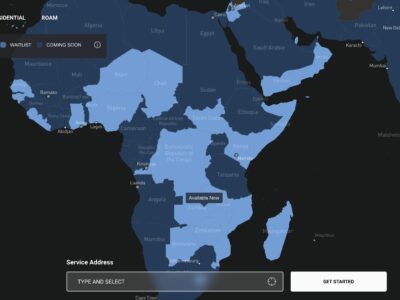As Zimbabwe celebrated a milestone with the issuance of its first Data Controller Licenses, the Minister of ICT, Postal and Courier Services, Honourable Tatenda Annastacia Mavetera, issued a clarion call for greater accessibility in data protection training. Speaking at the inaugural license handover ceremony in Harare, the Minister emphasised the need to make training programs affordable and available across all provinces, ensuring no organisation is left behind due to financial or geographical barriers.
Acknowledging concerns about training costs, the Minister directed POTRAZ to review pricing structures to accommodate small businesses and start-ups.
“Data protection is a national priority, not a privilege reserved for the few. We must strike a balance between quality training and reasonable costs to ensure widespread compliance,”
she asserted, citing the need for equitable access to certification.
By Gamuchirai Mapako
The event, hosted by the Postal and Telecommunications Regulatory Authority of Zimbabwe (POTRAZ), saw 570 companies receive Data Controller Licenses under the Cyber and Data Protection (Licensing of Data Controllers and Appointment of Data Protection Officers) Regulations, 2024. While the ceremony marked a significant step forward in Zimbabwe’s digital governance framework, the Minister highlighted critical gaps that must be addressed to achieve true inclusivity.
“Compliance is not optional, it is mandatory for all entities handling personal data,” said Minister Mavetera.
She added that however; “We cannot champion a digital economy while excluding small businesses, start-ups, and individual professionals due to prohibitive fees.”
Currently, the Data Protection Officer (DPO) training programs are primarily conducted in Harare, in partnership with the Harare Institute of Technology (HIT). While this collaboration has been successful in certifying the first wave of data controllers, the Minister noted that the centralized model excludes many potential participants from other regions due to travel and accommodation costs.
There cannot be a digital economy while excluding aspiring data controllers in other provinces simply because they cannot afford to travel to the capital.
“Decentralisation and devolution of this training will ensure that aspiring data controllers in Bulawayo, Mutare, Masvingo, Gweru, and beyond have equal access to training and certification, eliminating the need for costly and inconvenient travel to the capital,” she stated
In line with President Mnangagwa’s philosophy of “leaving no one and no place behind,” Minister Mavetera directed POTRAZ to expand Training to All Provinces by partnering with state universities and tertiary institutions nationwide to deliver DPO training locally, reviewing pricing structures by ensure fees are affordable for small and medium enterprises (SMEs) and individual professionals.
“Data protection should not be a luxury,” the Minister stressed.
Dr. Gift Kalisto Machengete, POTRAZ Director General, acknowledged the challenges and pledged to accelerate reforms, outlining the organisation’s goals for 2026.
Affordable and accessible training is not just a regulatory issue, it has broader economic and social implications:
Small businesses form the backbone of Zimbabwe’s economy. Ensuring they can afford compliance fosters innovation and growth and decentralized training prevents a digital divide where only Harare-based firms benefit from data-driven opportunities. When more organizations understand and implement data protection, citizens gain greater confidence in digital services.
The Minister concluded with sating, “Let us continue working together—Government, regulators, academia, and the private sector—to ensure that Zimbabwe remains at the forefront of innovation, compliance, and inclusive growth.”
As Zimbabwe strides forward in its digital transformation journey, the focus on affordability and inclusivity will determine whether Zimbabwe truly becomes a leader in data governance or leaves many behind.














Comments